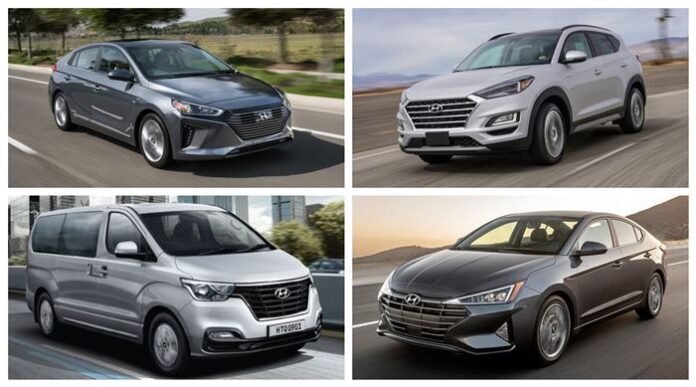LAHORE: The DG Khan Cement Company (DGKCC) on Tuesday notified the Pakistan Stock Exchange (PSX) that it plans to invest Rs900 million into Hyundai Nishat Pakistan for equity.
“All shareholders are going to put in money. We want to decrease the company’s debt and improve our debt-equity ratio because of the high interest rates,” CEO Hyundai Nishat Hassan Mansha told Profit.
“The amounts (by other shareholders) will depend on their shareholding percentage,” Mansha added.
DGKCC itself, per its annual report for 2021, has already invested Rs948.730 million and provided a guarantee for Hyundai to obtain Rs1,269.671 million from Meezan Bank Limited.
The shareholding structure of Hyundai Pakistan is as follows:
| Company | Share |
| Sojitz Corporation | 40% |
| Millat Tractors Limited | 18% |
| Nishat Mills Limited | 12% |
| Adamjee Insurance Co. Ltd | 10% |
| Security General Insurance Co. Ltd | 10% |
| D.G. Khan Cement Co. Ltd | 10% |
Hyundai was able to rebound from its July by increasing its sales by 860 per cent in August. However, their concerns seem warranted given the bleak outlook of the industry as it grapples with the ongoing completely-knocked-down (CKD) kit shortage, and with inflation eroding customer spending power.
However, this raises a few concerns.
Firstly, financial theory dictates that equity is more expensive than debt. Whereas a bank would have provided the funds to Hyundai as secured debt, Hyundai’s shareholders are providing unsecured debt to the company. DGKCC had extended a Rs1 billion working capital loan at 1 Month KIBOR last year, however, the company sought to not to exercise the option this time.
Shareholders, barring Hyundai’s sister companies, are unlikely to be doing this out of generosity. With the 1-year trailing KIBOR at 16.38 per cent, this is the least shareholders are likely to expect as a return on their bailout of Hyundai.
Secondly, this raises the questions about Hyundai’s prudence in its operations. Mansha cited the high interest rates as the reason for the restructuring. This leads to questions regarding Hyundai’s profitability, its operating profit in particular. An equity injection from shareholders is a route companies often take when they are unable to restructure their debt obligations, so it is possible that Hyundai’s lender is aware of the situation.
As a corporate strategy, DGKC’s equity injection makes sense. It is a practical move on the Nishat Group’s part to divert funds away from businesses that are flush with cash to those that are struggling to optimize their portfolio.
Going forward, debt-equity restructuring may provide Hyundai with greater fiscal space to maneuver long-term as the market braces for a downturn. It would be premature to conclude whether future injections will be needed. However, given that Hyundai has completed the increase in their productive capacity, future debt needs may not arise. At least to the same extent.
























